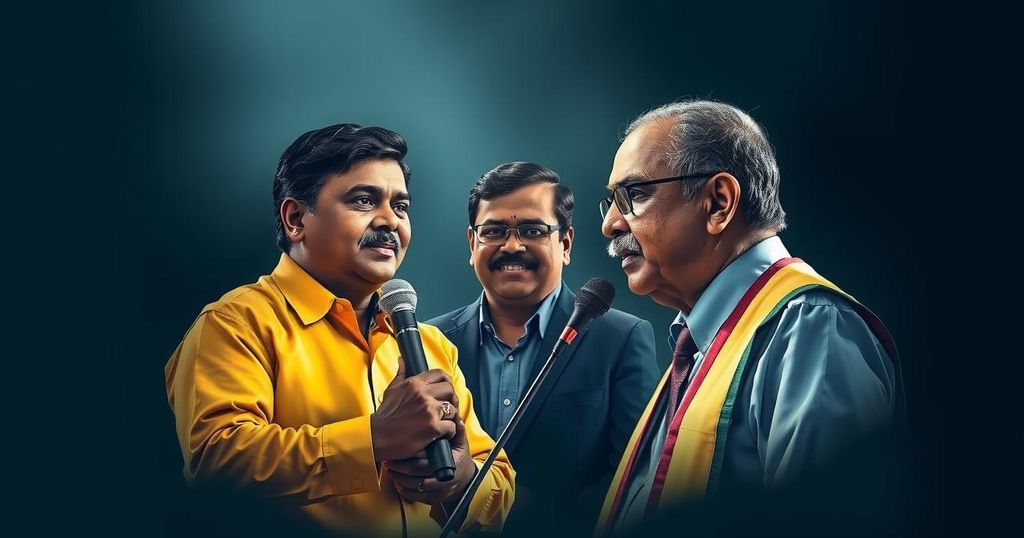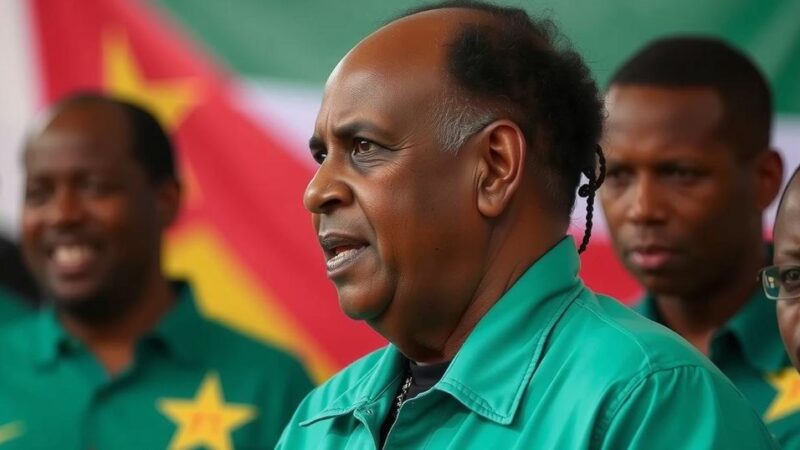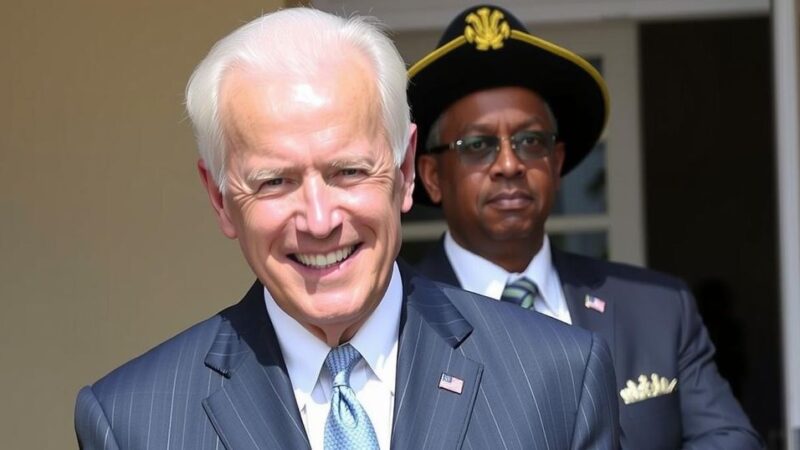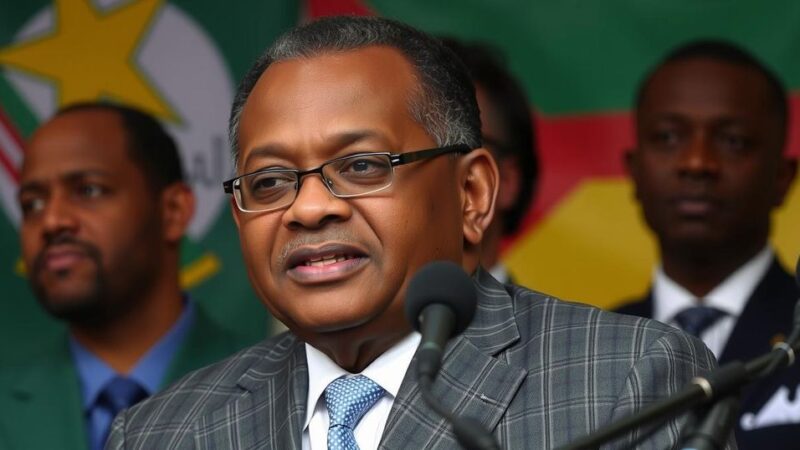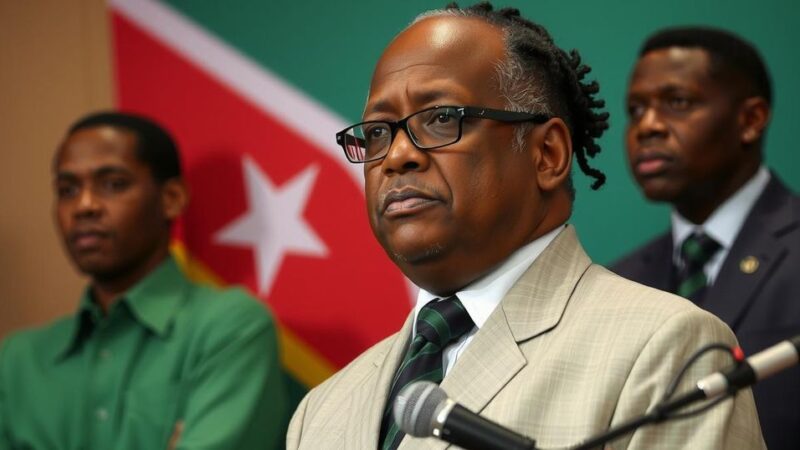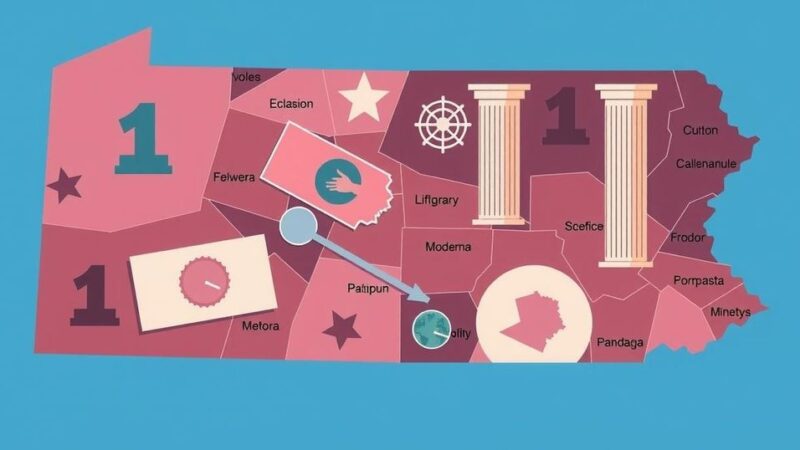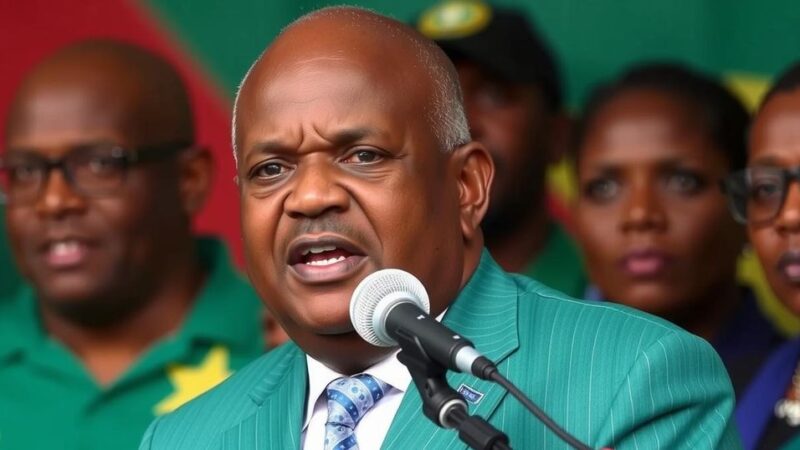Sri Lanka has elected a new president with Marxist affiliations following the ousting of Gotabaya Rajapaksa amid economic turmoil caused by the Covid-19 pandemic and fiscal mismanagement. The new leadership has already made strides in stabilizing inflation and restructuring debt with international creditors, indicating a potential avenue for recovery and reform as Sri Lanka emerges from its recent crisis.
In Sri Lanka, significant political upheaval has recently resulted in the ascendance of an outsider to the presidency. This change follows a tumultuous period where the nation grappled with the severe aftermath of the Covid-19 pandemic, excessive debt, and poor governance, culminating in a debt default two years ago. Inflation escalated, the national currency depreciated dramatically, and vital resources like fuel became scarce. The previous administration, led by pro-China President Gotabaya Rajapaksa, faced widespread dissent, ultimately leading to his departure to the Maldives amid massive protests.
Currently, the situation appears to be stabilizing as new leadership has managed to curtail inflation rates, negotiate a bailout from the International Monetary Fund, and engage with creditors to initiate a debt restructuring process. The newly elected president is affiliated with a political party rooted in Marxist ideology, indicating a potential shift in economic and political strategies in the country. Furthermore, despite the challenges ahead, there is cautious optimism regarding Sri Lanka’s recovery and the future under its new leadership.
Sri Lanka’s political landscape has undergone a profound transformation stemming from a multifaceted crisis that began to unfold in recent years. The convergence of the Covid-19 pandemic, severe fiscal mismanagement, and excessive external borrowing resulted in the country defaulting on its debts. This economic turmoil triggered a social uprising, leading to significant changes in government. As the nation grapples with the effects of this upheaval, it is essential to understand the challenges and potential pathways to recovery guided by the new president, whose party embodies a departure from previous administrations.
In conclusion, the political transition in Sri Lanka marks a pivotal moment in the country’s efforts to recover from a deep-seated economic crisis exacerbated by decades of mismanagement. The new administration, characterized by its Marxist roots, presents an opportunity for reformation and healing as the nation seeks to stabilize its economy and rebuild trust with its populace. With inflation decreasing and a clear restructuring plan in place, there is hope for a more prosperous future under innovative leadership.
Original Source: www.economist.com

